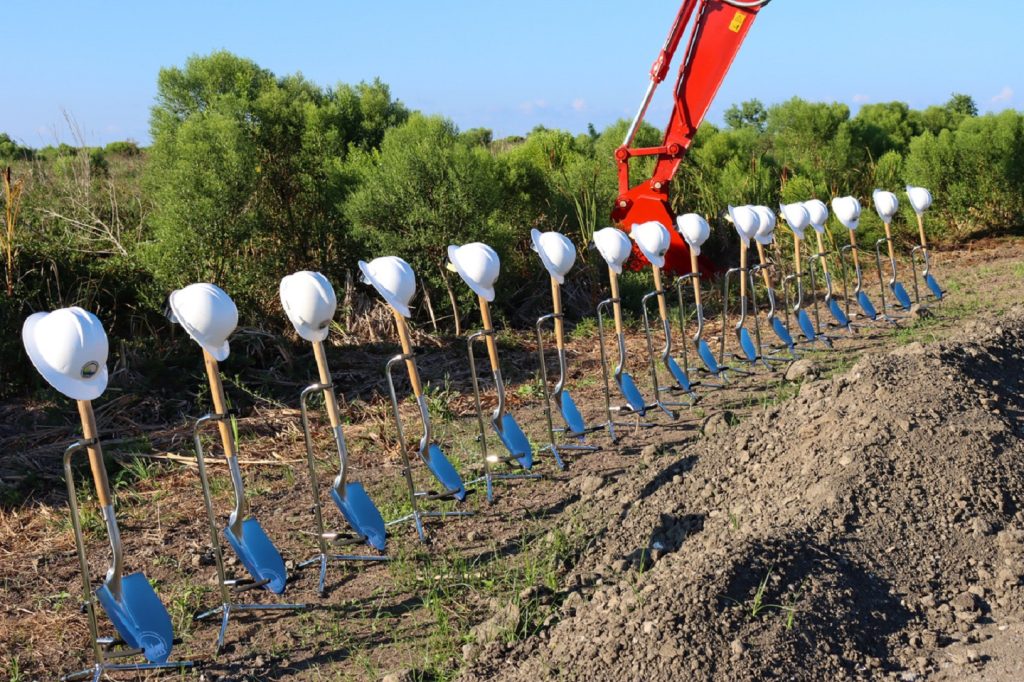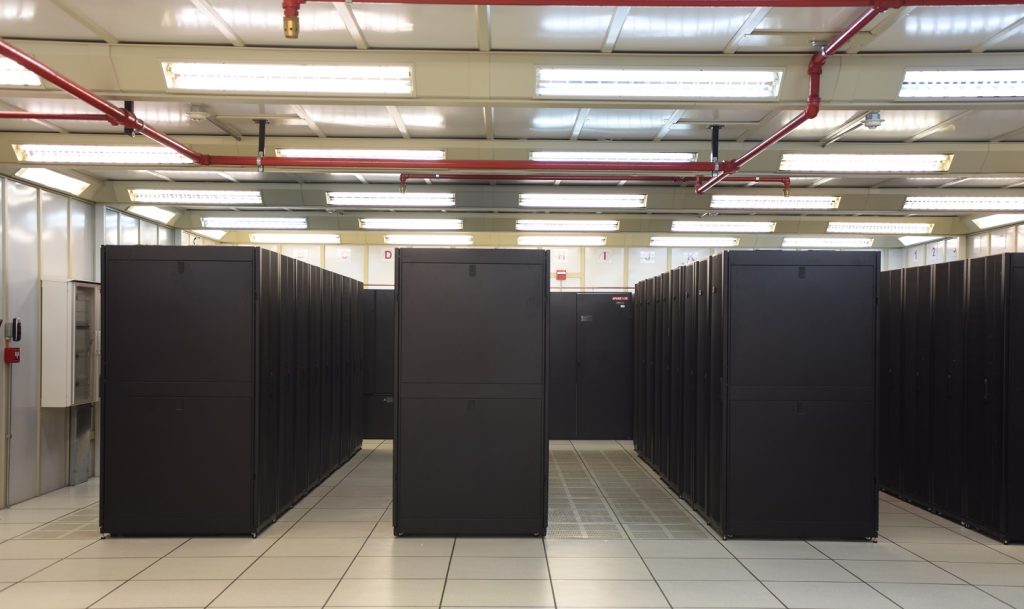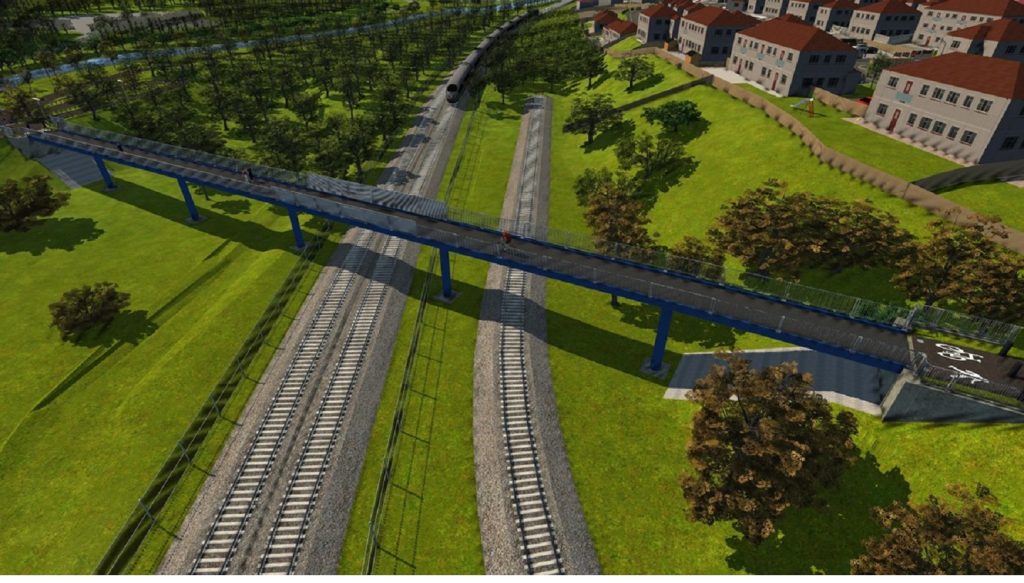The Louisiana Coastal Protection and Restoration Authority (CPRA), along with federal and state officials, has broken ground on the Mid-Barataria Sediment Diversion project in the US.
The event marks the official start of construction on the environmental restoration project and saw the participation of Louisiana Governor John Bel Edwards.
The project is designed to leverage the power of the Mississippi River to create and preserve up to 26,000 acres of wetlands in the Barataria Basin area.
Edwards said: “The Mid-Barataria Sediment Diversion will restore and rebuild thousands of acres of coastal land and provide better protection to our most vulnerable communities and critical infrastructure.”
The project will see the construction of a controlled gate structure through the river’s levee, an outfall structure in the basin itself, as well as a manmade channel.
According to the CPRA, construction is set to take over five years to complete.
Once complete, the project is forecast to generate an economic impact of $1.5bn in sales and produce approximately 12,400 jobs in the region.
CPRA deputy executive director Greg Grandy said: “The project represents unmatched land-building power and long-term sustainability.
“We’re not only building a globally significant infrastructure project that will serve us for decades, but furthering Louisiana’s position as a leader and innovator in environmental restoration, coastal resilience, and water management.”
















